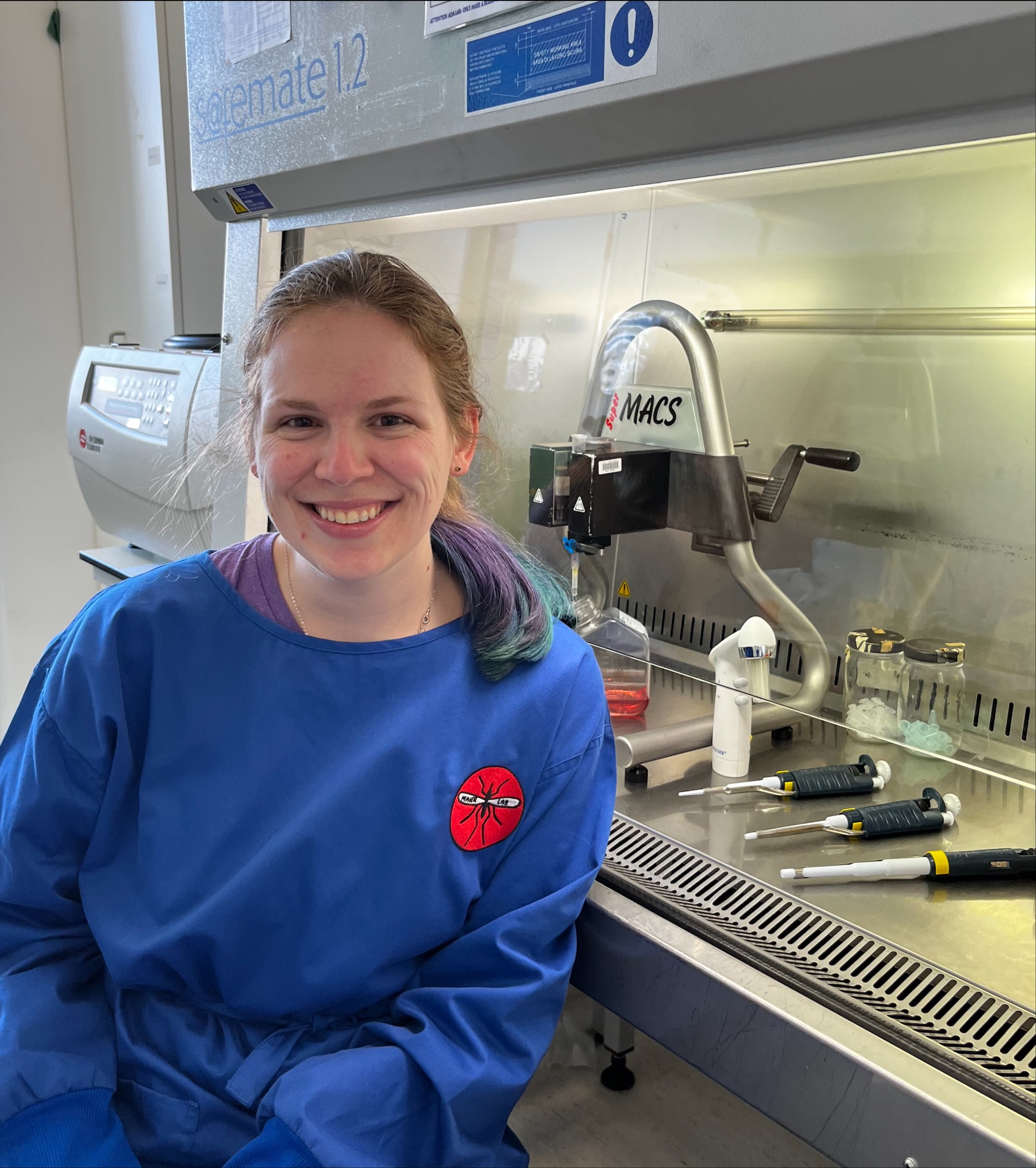BSB PhD Exit Seminar: Plasmodium falciparum lipid metabolism as a target for malaria intervention strategies
Malaria remains the deadliest parasitic disease in the world despite years of sustained effort, new drug development, and a greater understanding of the causative parasite, Plasmodium, and its interactions with its host.
Speakers
Event series
Content navigation
Description

Abstract
Malaria remains the deadliest parasitic disease in the world despite years of sustained effort, new drug development, and a greater understanding of the causative parasite, Plasmodium, and its interactions with its host. The resistance of Plasmodium parasites to frontline drug treatments is driving an increase in deaths from malaria, underscoring the need for new therapeutics. Lipid metabolism is essential for parasite survival, and presents many opportunities for exploitation as a drug target. This thesis examines multiple aspects of Plasmodium lipid metabolism to expose weaknesses that could be exploited as drug targets. My project explores phospholipid metabolism in parasitised erythrocytes, focusing on asymmetry of particular phospholipids in the membrane. Prior studies in this area have found conflicting results, so a meta-analysis of these previously published studies was conducted to investigate sources of contradiction and identify knowledge gaps for subsequent experiments. Based on this meta-analysis, experiments were performed examining a series of interconnected biological processes, including lipid and calcium sequestration, the activity of lipid-translocating enzymes in the host erythrocyte membrane, the distribution of phospholipids, and the subsequent lipid-mediated effects on interaction with host immune cells such as monocytes. Several key processes were identified as potential drug targets, and treatment with a proof-of-concept compound resulted in greater phagocytosis of parasitised erythrocytes. This project also explores cholesterol metabolism in parasitised erythrocytes, and the development of a drug delivery strategy that increases the effectiveness of inhibitory compounds against parasites whilst reducing toxicity to host cells. This strategy was effective against multiple stages of Plasmodium (liver, asexual blood stage, and gametocytes), against drug resistant parasites, and against species of closely related parasites. Cumulatively, these findings contribute to our understanding of Plasmodium lipid biology and emphasise the potential to exploit the parasite’s dependence on lipids as a novel drug target.
Location
Please note: this seminar will be held in the Slatyer Seminar Room and via Zoom, details are included below.
Slatyer Seminar Room, Rm N2011, Level 2, North Wing, RN Robertson Building (46)
Please click the link below to join the webinar:
https://anu.zoom.us/j/83458360059?pwd=ZjVUSnFwMUcwc1N5ZGg4dHJwKzVRdz09
Webinar ID: 834 5836 0059
Passcode: 399883
Canberra time: please check your local time & date if you are watching from elsewhere.
